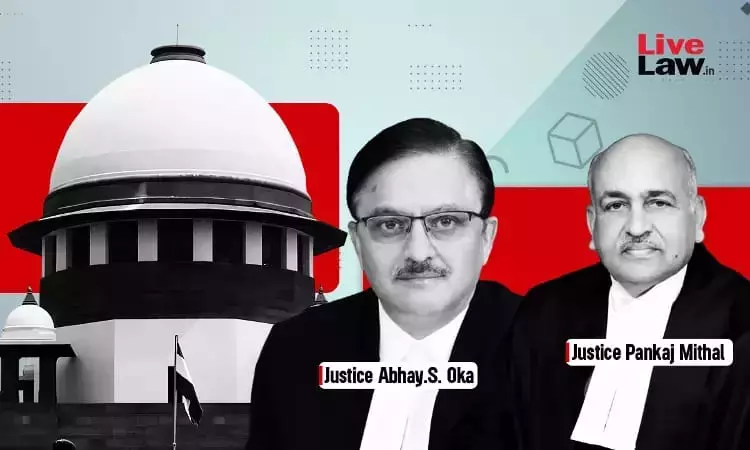To sustain the offence of rape on the ground of false promise of marriage, it must be established that right from the inception, the consent of the woman was obtained based on the false promise, reiterated the Supreme Court."If it is established that from the inception, the consent by the victim is a result of a false promise to marry, there will be no consent, and in such a case, the offence...

